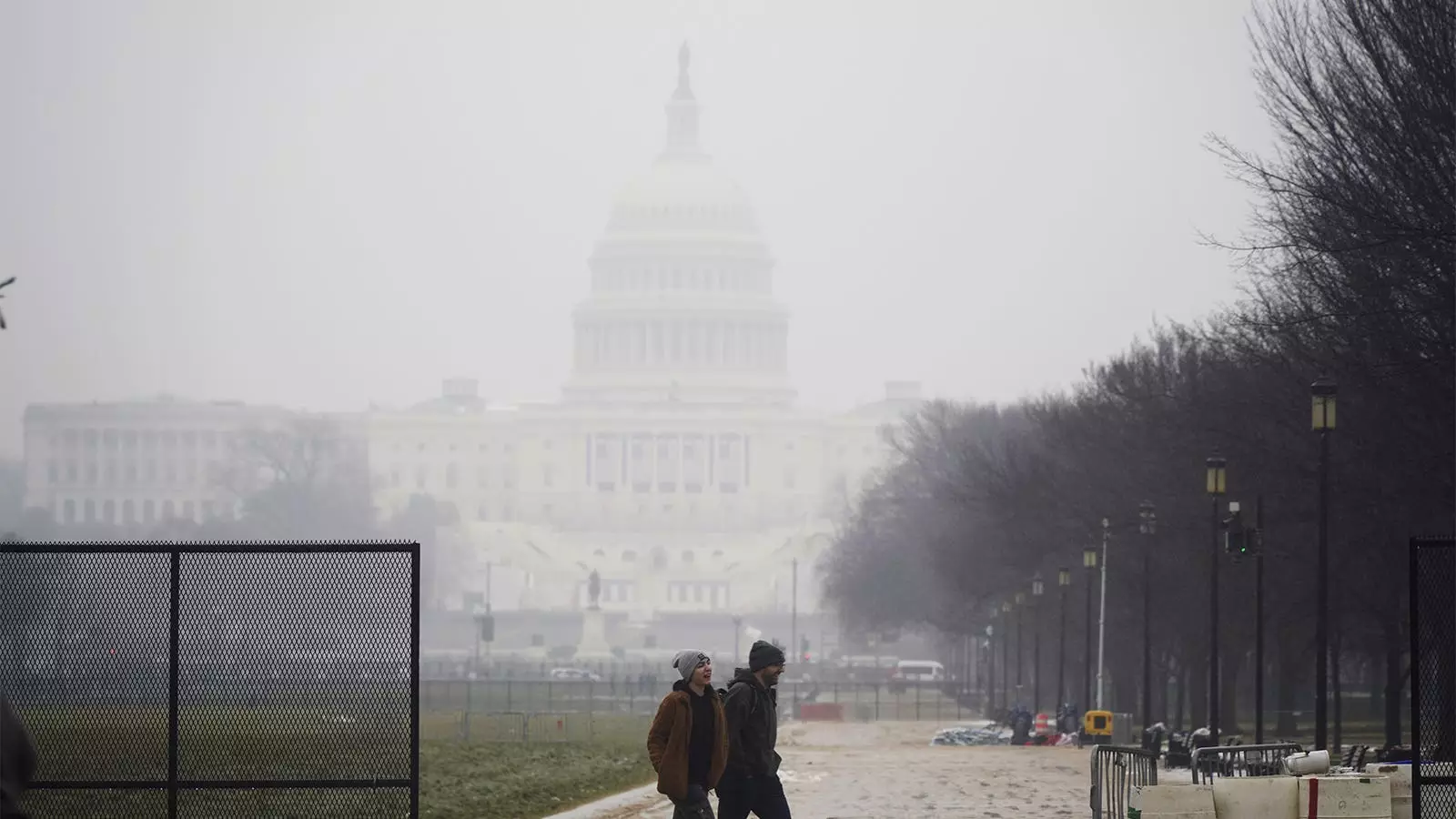The transition of power in the United States often brings with it dramatic shifts in policy, and President Trump’s recent actions on public health make for a compelling case study in the implications of such changes. As he began his new term, Trump swiftly initiated a series of executive orders aimed at reversing significant policies of his predecessor. One of the most consequential decisions was the re-withdrawal of the United States from the World Health Organization (WHO), a move that raises vital questions about the future of global health efforts and America’s role in them.
In his executive order, Trump articulated a narrative blaming the WHO for its handling of the COVID-19 pandemic, which originated in China. He accused the organization of not only mishandling the crisis but also criticized its financial structure—pointing out discrepancies in member state contributions, specifically between the U.S. and China. Trump’s argument hinged on claims of an “unfairly onerous” financial obligation that the U.S. faced compared to other nations, highlighting a sentiment of disenfranchisement that resonates with many of his supporters. His stance reflects a broader skepticism towards international organizations perceived as failing to uphold U.S. interests.
By reversing President Biden’s decision to rejoin the WHO, Trump is sending a strong message about America’s stance in global health governance. The very act of withdrawal embodies a preference for nationalism over globalism—a theme that has been central to Trump’s administration. The implications of this move raise questions about the effectiveness of future global health initiatives and the leadership role that the U.S. has historically played on the world stage.
Critics of Trump’s decision, including public health experts like Dr. Tom Frieden of Resolve to Save Lives, argue that abandoning the WHO compromises global health security. Frieden’s response underscores a significant theme in contemporary health discourse: the necessity for collaboration in tackling pandemics and other health crises. By distancing itself from WHO, the U.S. risks losing critical influence over global health policies and undermining collective efforts to combat health threats that cross national borders.
Frieden’s assertion that “real reform requires engagement, not abandonment” echoes a sentiment that resonates deeply within public health communities. The WHO, as he correctly points out, possesses unique capabilities that position it as an irreplaceable entity in global health governance. The withdrawal may not merely isolate the U.S., but it could also weaken the WHO’s capabilities, further diminishing the framework within which international health crises can be managed effectively.
In tandem with the WHO withdrawal, Trump also canceled several of Biden’s health-related executive orders that addressed issues like anti-discrimination based on sexual orientation, access to affordable health insurance, and worker safety standards during the pandemic. This rollback sends mixed signals regarding Trump’s commitment to public well-being. For instance, while he criticized global health ineffectiveness, his simultaneous actions could lead to increased domestic health vulnerabilities.
The contradiction within Trump’s policies raises valid concerns about the coherence of his administration’s health strategies. How can a president advocate for American interests on a global scale while simultaneously dismantling domestic protections for citizens? The American public deserves clarity on how these seemingly contradictory stances will manifest in real-world implications for healthcare accessibility and equity.
As President Trump embarks on this journey, the nation stands at a crossroads. The decision to withdraw the U.S. from the WHO serves as a reflection of tensions between national interests and global responsibilities. The critical responses from public health experts and advocates indicate a growing concern regarding the potential consequences of retreating from international collaboration.
It is vital for policymakers to take a step back and reevaluate the importance of cooperative frameworks in health governance. Now more than ever, the interconnectedness of global health challenges necessitates a collaborative approach that includes all nations working together. As the landscape of health diplomacy shifts, leaders must consider how to balance national priorities with the compelling need for international partnership.
The implications of Trump’s actions are far-reaching, and the call for a revamp of U.S. health diplomacy is urgent. Engaging constructively with global health organizations like the WHO is not just an option; it is an imperative for safeguarding public health—both domestically and internationally. The unfolding narrative of U.S. health policy under Trump’s administration presents an opportunity for critical discourse on the future of global health involvement and responsibility.


Leave a Reply